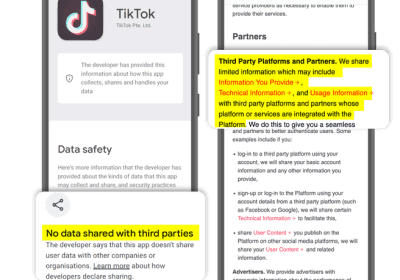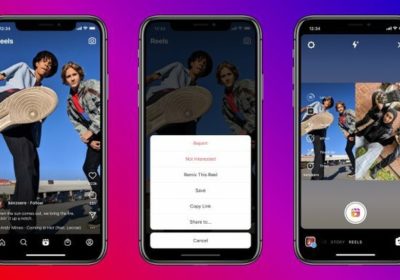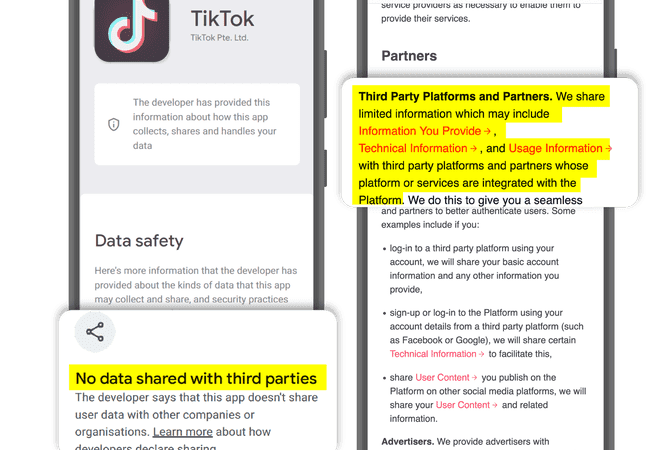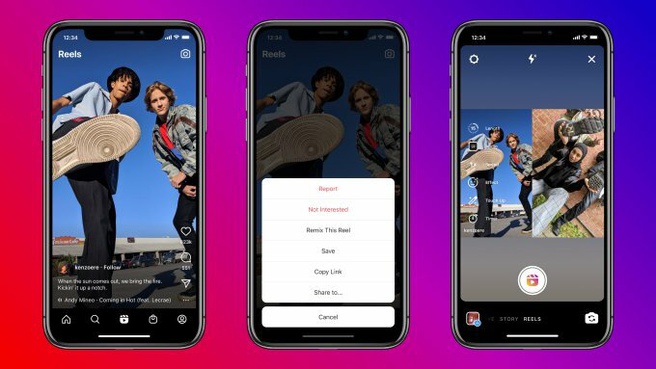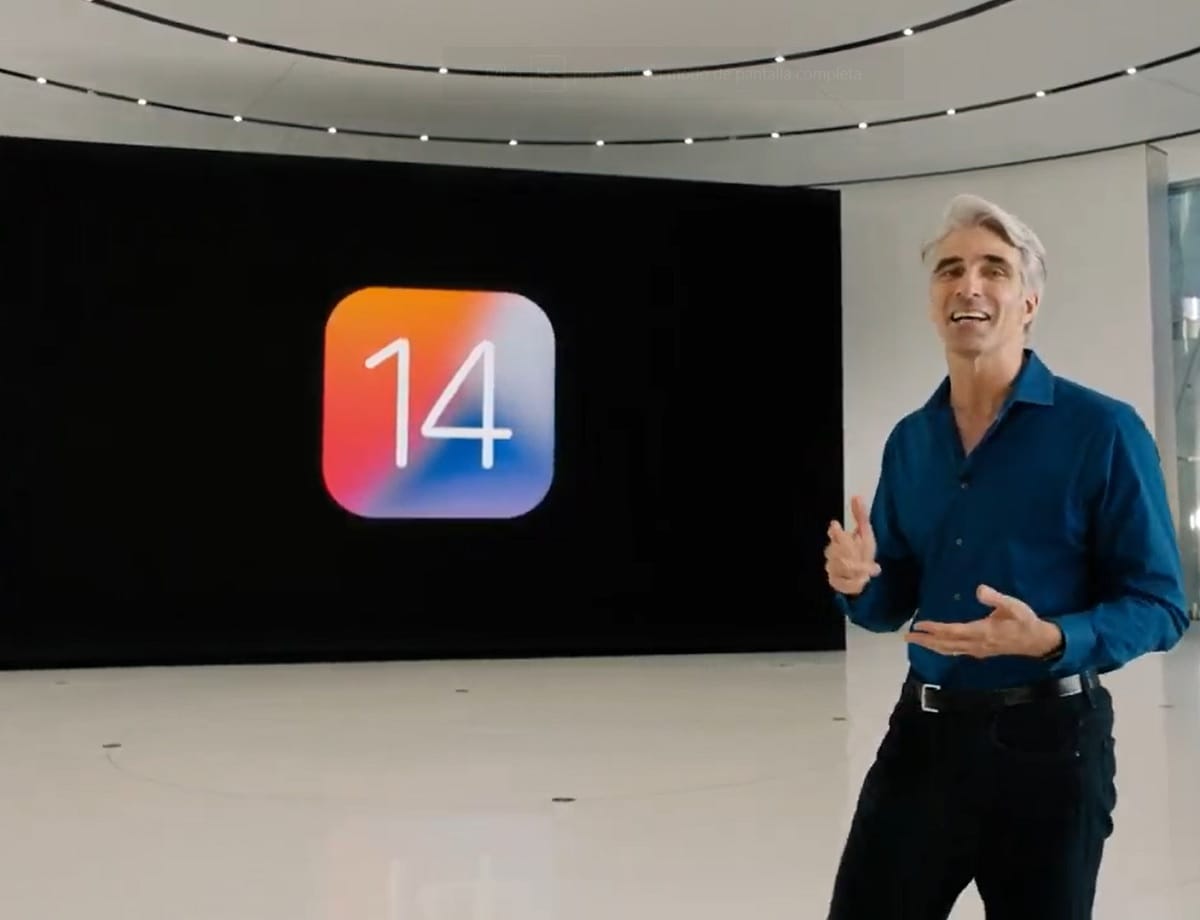
Last June, during WWDC, Apple promised greater transparency for the use of information collected by any of the apps that users downloaded from its AppStore. Developers should meet the new demands by December 8 and today, finally, iOS 14.3 brings a more transparent AppStore.
This new transparency policy includes a new use of labels that allows users, in advance, to know what type of information is collected and divides them into three categories: “information used to track you”, “information linked to you”, “information that is not linked to you.”
The AppStore tracks the information used by all your apps
Once we can determine what type of information is collected from our smartphones it is important to know what it means to use personal information “to track us.” This is extracted to other apps or websites to motivate personalized advertising or to evaluate advertising metrics
Extracting or collecting information from users, in this case, also refers to all those apps that use it to sell it to companies or other apps. In the case of “information linked to you” it refers to information that is extracted to create a user profile that will later be used, once again, to personalize advertising.
Finally, the information that is extracted that is not linked to us is information, the style of search histories or location information that does not refer to the user and whose uses are diverse. Everything concerning the information collection label policy for developers can be found on a special support page whose link we have attached at the bottom of this note.
iOS 14.3 brings a more transparent AppStore and this is one of the most anticipated changes. Another on the way involves an explicit request from all apps when requesting location tracking information. A request that we can program to be requested on each occasion or, if we wish, a permission that we can give permanently.
Source: Apple



